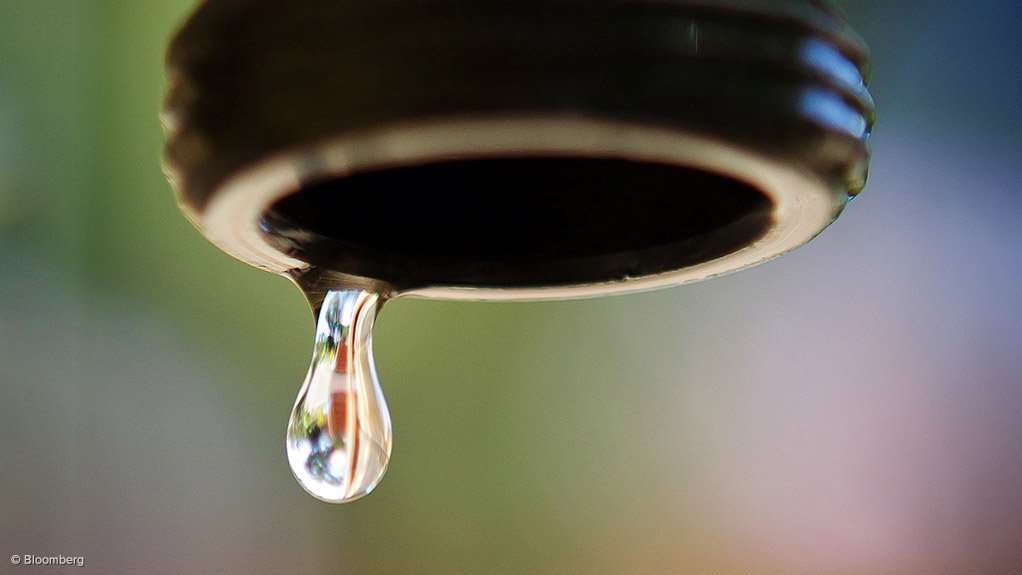Government has already met the United Nation’s Millennium Development Goals of reducing the number of people who don’t have access to basic water supply by half.
According to figures released by the Department of Water and Sanitation, an estimated 95.2% of South Africans have received clean drinking water since 1994.
This achievement is contrary to unwarranted fears expressed by some water experts that the country is headed for a crisis and that it may result in water-shedding in the near future.
However, the department admits that drinking water quality remains a challenge and while there are improvements, there are still risks that need to be mitigated against.
“As the population increases the operation and maintenance load has also amplified affecting the preferred standards that the department set for itself,” the department said.
In response to the challenge, the department, as the Drinking Water Regulator, has introduced and manages the Drinking Water Quality Regulatory System called Blue Drop System.
The system is used to monitor the performance of all Water Services Institutions (WSIs) including bulk water services providers as detailed in the Blue Drop Certification Programme.
The Blue Drop Certification programme is an incentive based regulation that was introduced by the department to encourage the WSIs to achieve an excellent drinking water quality management.
“One of the key requirements of the Blue Drop is implementation of asset management which includes the process audit of the water services infrastructure, water services infrastructure assets register, technical staff competence and operations and maintenance budget.
“The Blue Drop programme also includes risk assessment and management hence this process should assist the WSI to identify all risks associated with the water supply for both infrastructure and related water quality,” the department explained.
There is general compliance with the South African National Standard (SANS 241) for drinking water for both microbiological and chemical determinants.
“This means that the drinking water provided nationally is safe for human consumption and does not pose potential health threats as most determinants analysed for are within acceptable limits across the country.”
The department said it is communicating with the WSIs to improve the operational compliance.
EMAIL THIS ARTICLE SAVE THIS ARTICLE
To subscribe email subscriptions@creamermedia.co.za or click here
To advertise email advertising@creamermedia.co.za or click here











